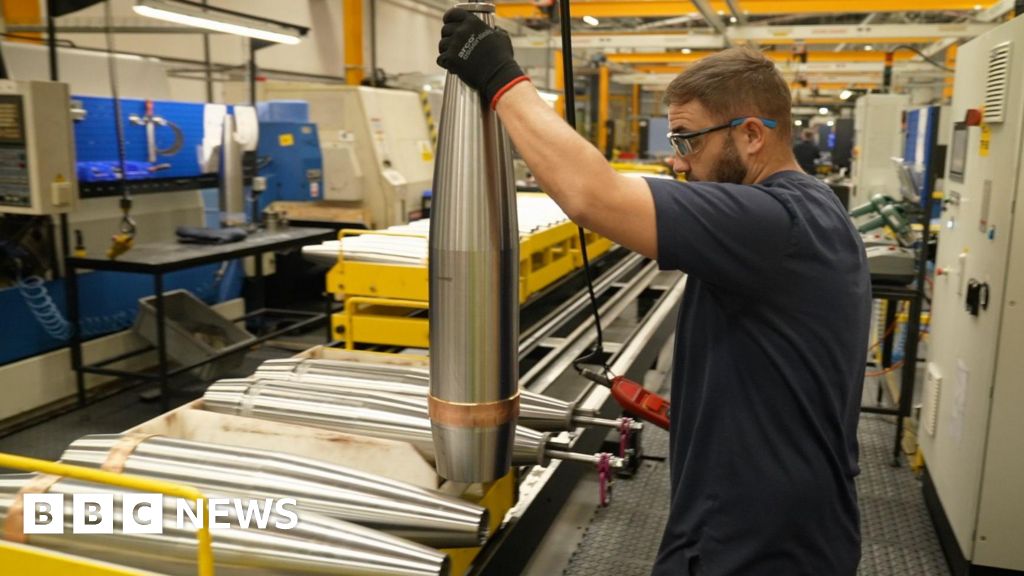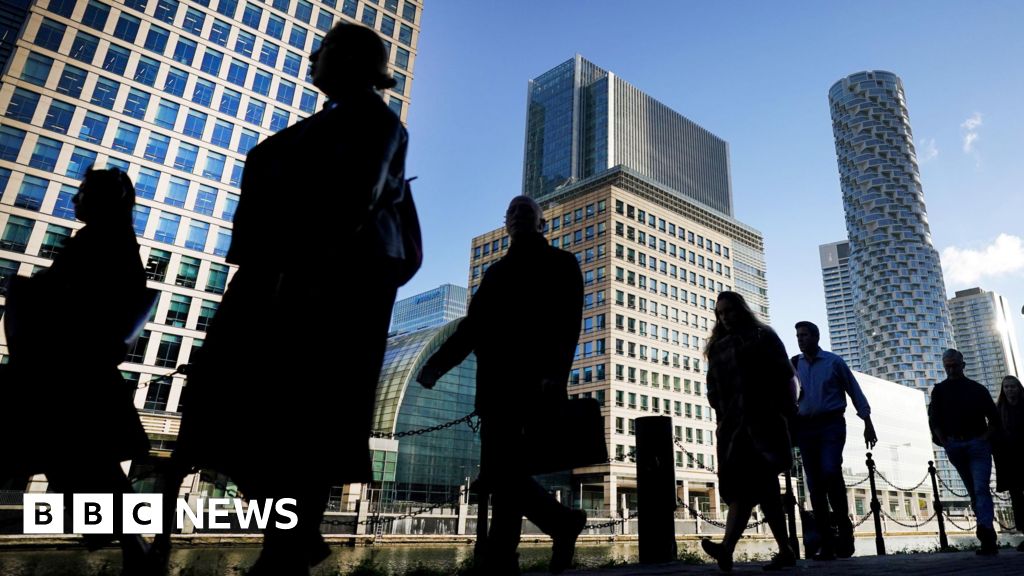ARTICLE AD BOX
image source, Getty Images
The closure of some petrol stations has reignited a row over HGV driver shortages, which have disrupted supply chains across the UK.
A "handful" of BP stations were closed due to a lack of available fuel, as well as a small number of Esso-owned Tesco Alliance stations on Thursday.
Driver shortages have been exacerbated by the Covid-19 pandemic and Brexit.
The Road Haulage Association has urged the government to reconsider loosening visa requirements for HGV drivers.
Rod McKenzie, managing director of policy for the the trade body, said ministers were rejecting calls for short-term visas to be introduced.
"We simply can't supply at the normal rate, we don't have enough lorry drivers, and this is pretty universal," he said.
Mr McKenzie said consumers would not run out of food or fuel, but he said that supplies would be squeezed.
"If you're supplying Esso and you usually make five deliveries a week to their petrol station in Falkirk, or wherever, you might cut that down to two or three," he said.
"Something urgently needs to be done by the government."
The industry body estimates that there is currently a shortfall of about 100,000 workers.
Supply chain problems
Businesses across the food and fuel sectors have been complaining about the UK's shortage of lorry drivers, which is causing serious supply chain problems.
Supply chain delays had been "impacted by industry wide driver shortages across the UK" and that the company was working hard to address the issues, BP said in a statement on Thursday.
Esso said that a "small number" of its 200 Tesco Alliance retail sites were also affected on Thursday and apologised to customers for any inconvenience.
Supermarkets Morrisons and Ocado have also called on the government to add HGV drivers to its skills shortage jobs list to allow workers from the European Union (EU) to fill the current gap.
Speaking on the BBC's Question Time programme on Thursday night, Transport Secretary Grant Shapps that he believed the shortages had also been caused because of working conditions that "hadn't been pleasant".
When asked if he would be looking at changes to visas to address workforce shortages, he said that he would not "rule out anything".
But he insisted that the "bottleneck" was getting new drivers tested and bringing people back into the job market after the pandemic.
Conservative MP Andrew Bridgen also suggested that drivers were being put off accepting jobs due to pay being suppressed by EU workers.
Mr Shapps told the BBC that the government was "happy to see" higher salaries being offered to drivers by various retailers and haulage firms as a result of the shortages.
But Shadow Justice Secretary David Lammy said that visas were needed for various sectors across the economy, adding: "You promised that immigration would come down and you know that it will need to go up if we are to deal with these problems."
In recent weeks, the Department for Transport has made it quicker for HGV drivers to get their licences.
The coronavirus pandemic and drivers from Europe returning to the EU after Brexit have contributed to a lack of qualified drivers in the UK.
Tax changes to the IR35 rules have also made it more expensive for drivers from elsewhere in Europe to work or be employed in the UK.
But the government has so far resisted calls for changes to post-Brexit immigration rules for drivers.
A government spokesperson said: "We are closely monitoring labour supply and working with sector leaders to understand how we can best ease particular pinch points. Similar challenges are being faced by other countries around the world.
"We want to see employers make long term investments in the UK domestic workforce instead of relying on labour from abroad," they added.

 3 years ago
66
3 years ago
66








 English (US) ·
English (US) ·